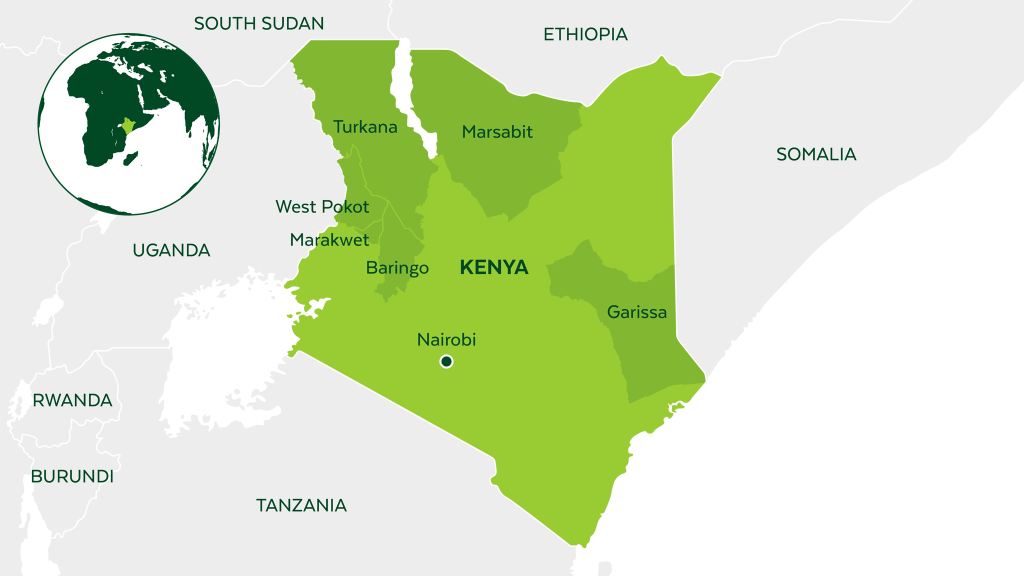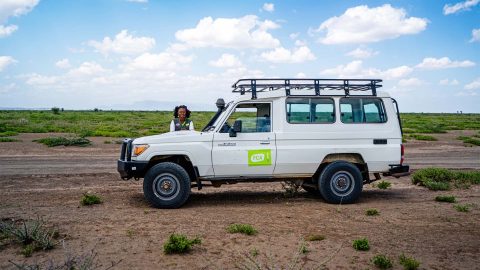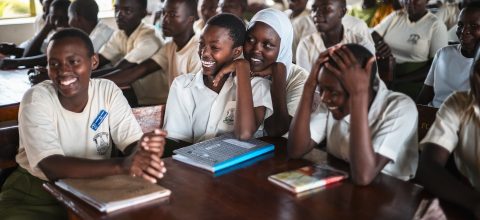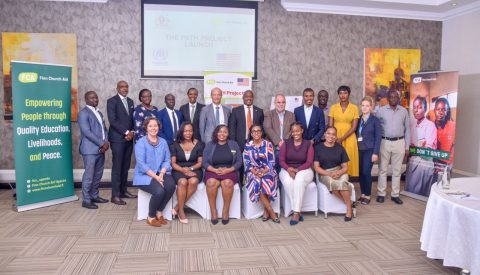Kenya

Kenya has experienced rapid economic growth in the past decade; however, many people in rural areas continue to live in villages without electricity or running water. Drought, floods and scarce natural resources also spark conflicts between various tribes.
FCA supports local communities and governments to resolve and prevent conflicts in order to thwart violence in five counties of northern Kenya. These areas suffer from conflicts related to natural resources, such as water and land ownership, and also from a lack of access to quality education.
Finn Church Aid (FCA) operates in Turkana, Garissa, and Marsabit, the poorest counties in the country, and works in the refugee settlements of Kakuma and Kalobeyei.

Population: 48.4 million
Capital: Nairobi
Currency: Kenyan shilling
Languages: English (official), Kiswahili (official), numerous indigenous languages
Religions: Christianity (83 %), Islam (11 %), Traditionalists (2 %), other
FCA in Kenya: since 2014
Our results

883
officials and decision-makers participated in training on anti-mutilation laws, children’s rights and mediation.

4,171
children gained access to early childhood development and education in Kalobeyei settlement and Kakuma refugee camp.

100
young beekeepers trained to help them to adapt to climate change and provide for themselves.
Access to education and support for reconciliation
Finn Church Aid supports access to primary education in Turkana, Garissa and Marsabit, Kenya’s poorest counties. In 2019, a total of 21,909 children and youth attended schools that are supported by Finn Church Aid within these areas.
Kenya has been plagued by droughts in recent years. Water shortages affect children’s education because they often have to walk long distances to fetch water for their families. This is why we also work to secure the water supply of schools in drought-affected areas.
In 2019, we supported the installation of water tanks and pipelines in for instance Baringo County, providing access to water for 27,725 people.
We also work to support the local governments to take more responsibility for development in their own regions by virtue of the constitution that was reformed in 2013. In this way, local residents gain more influence on decisions regarding their own lives.
The number of violent incidents in northern Kenya fell in 2019 in areas where people were supported in finding sustainable livelihoods, for instance, through processing honey.
Women and youth play a significant role in peacebuilding in areas where FCA supports reconciliation between disputing tribes. In 2019, more than 270 former warriors and ten women’s discussion circles were regularly brought together in Baringo. FCA also supported the arrangement of sports events that promote peace.
FCA’s work in Kenya is conducted in cooperation with local authorities as well as local and UN organisations.


